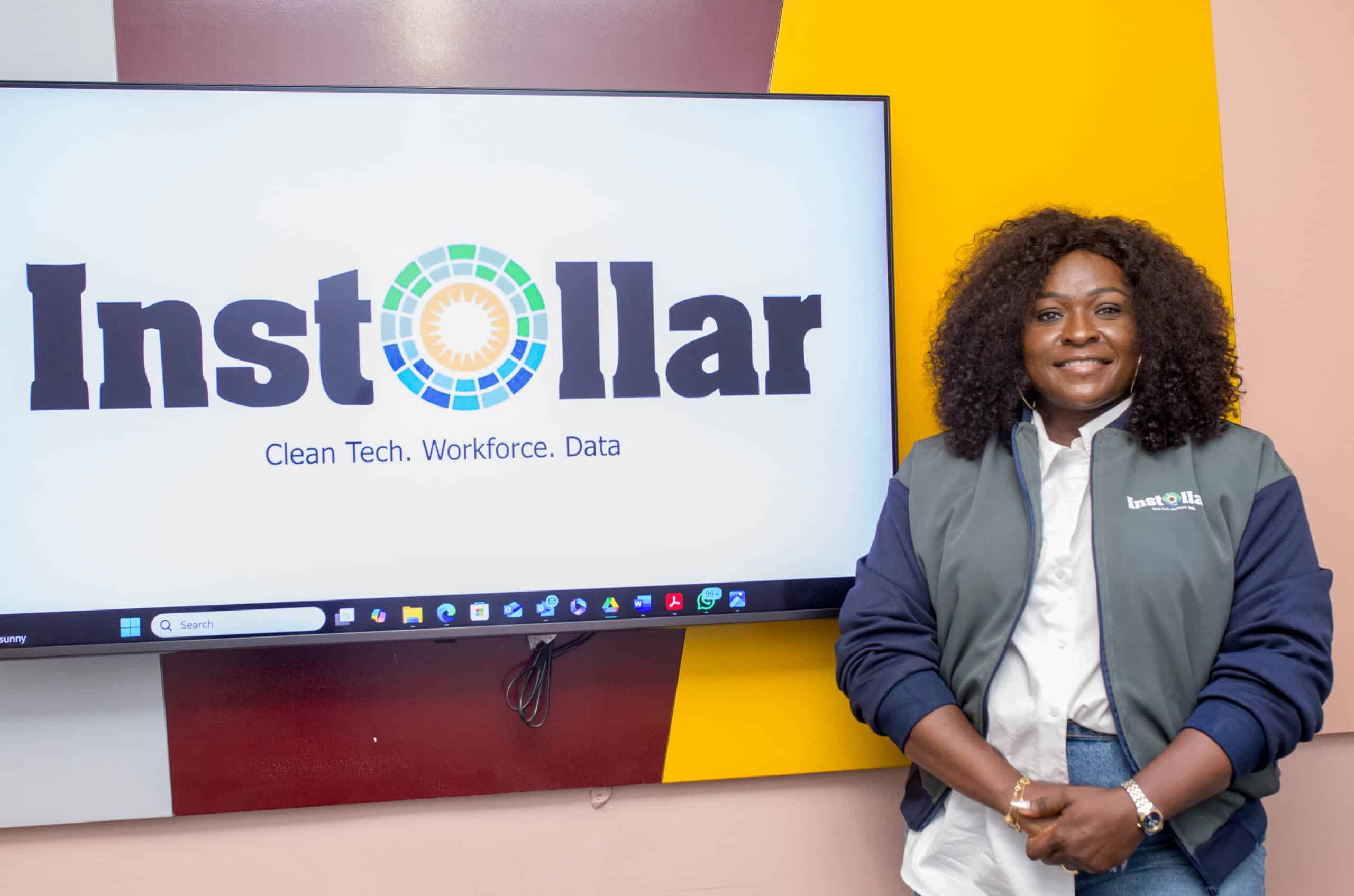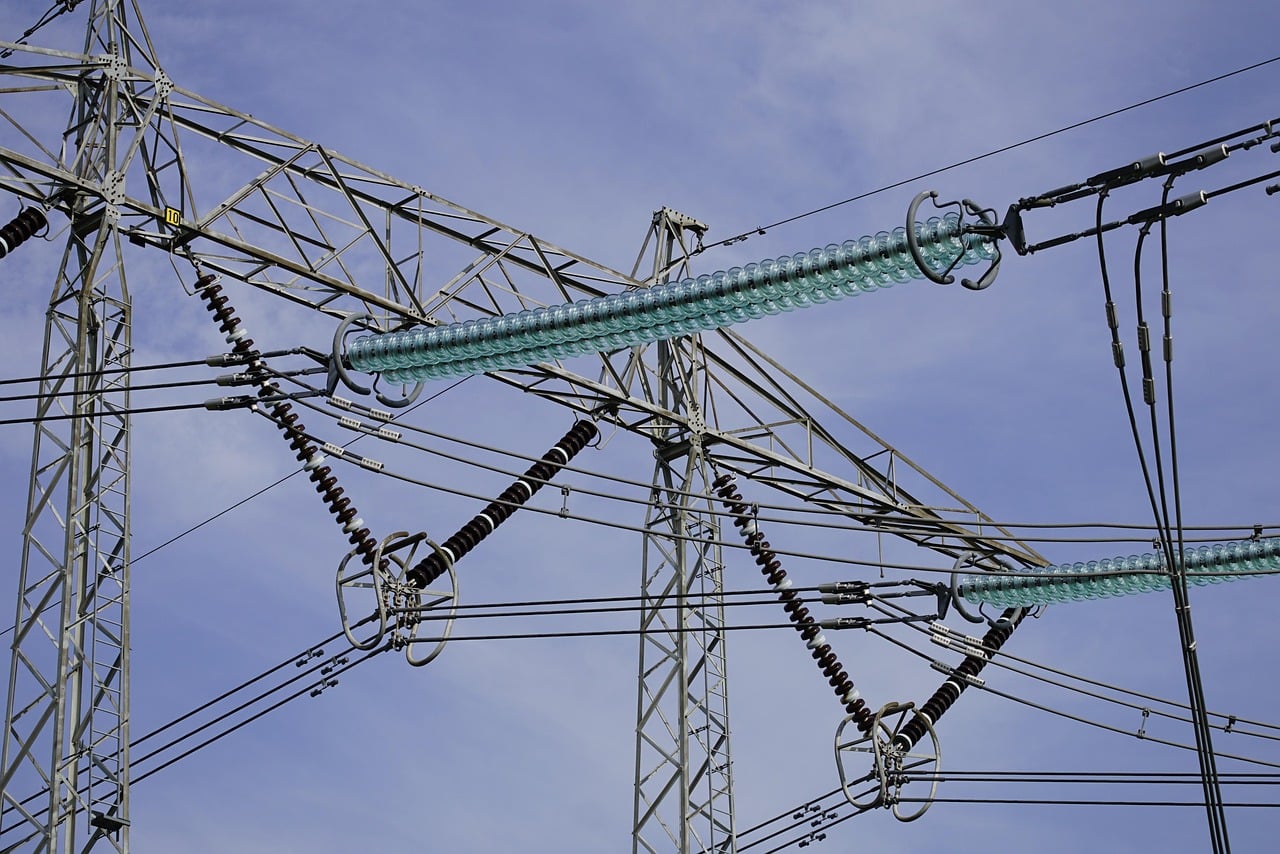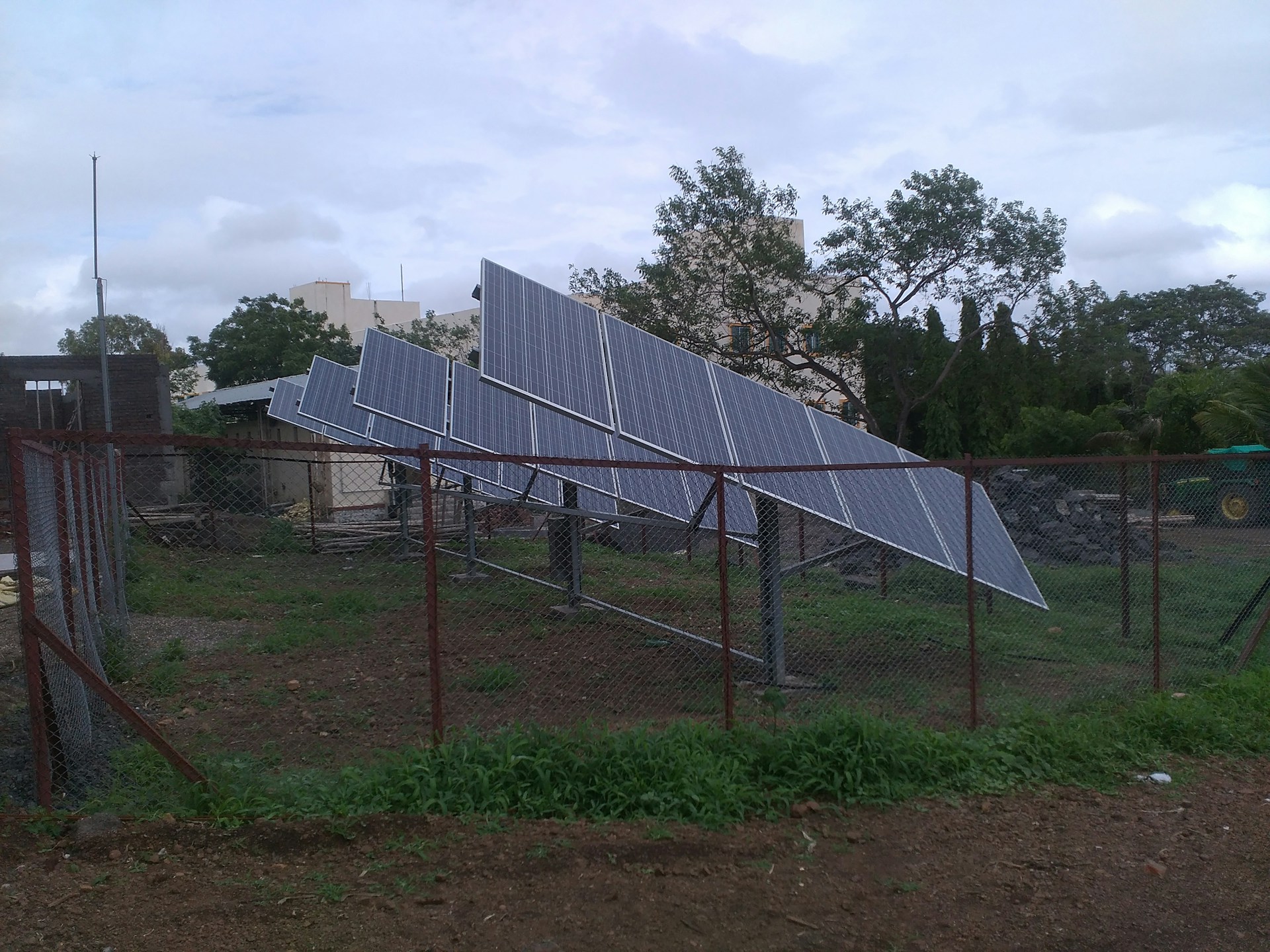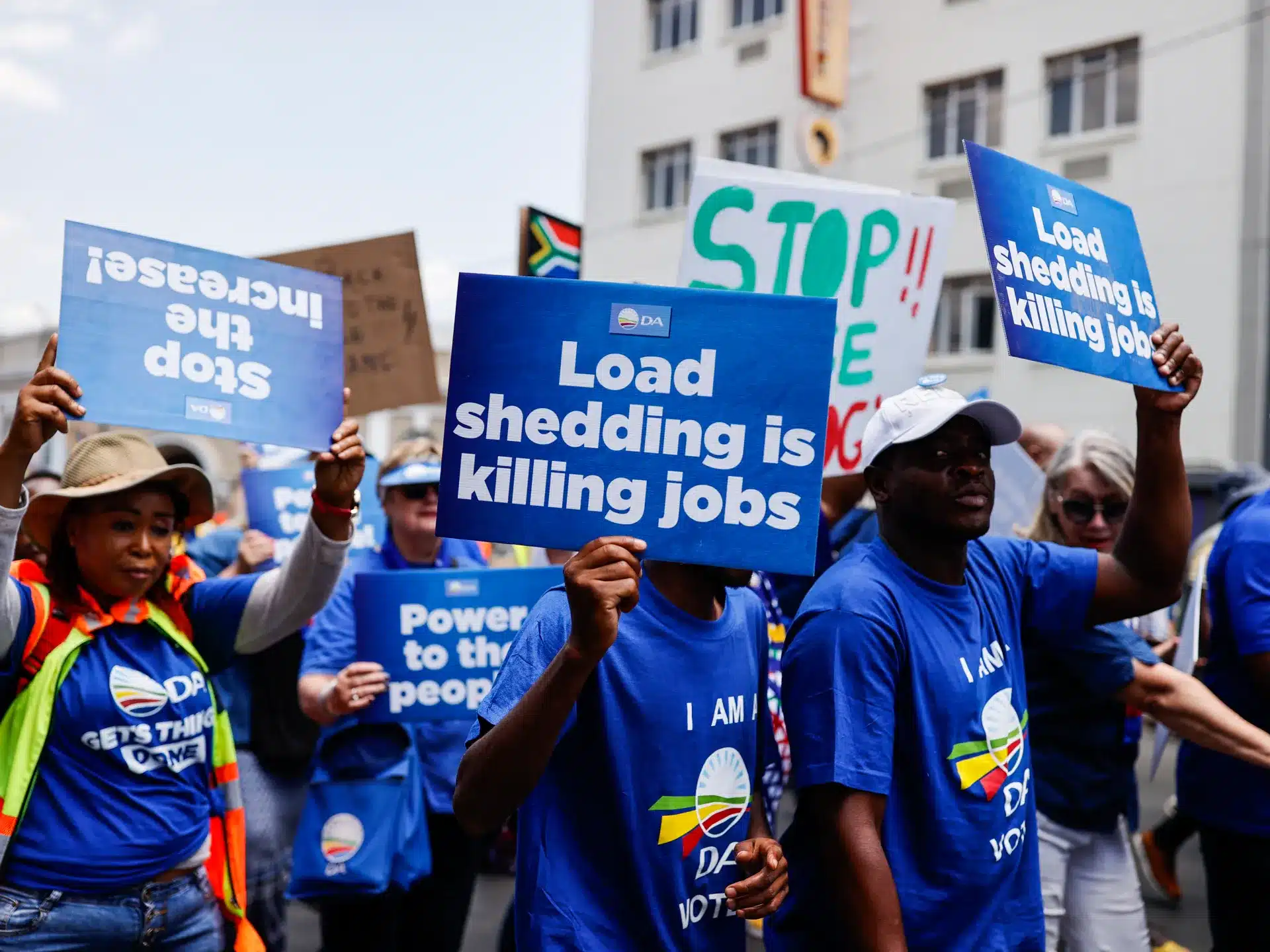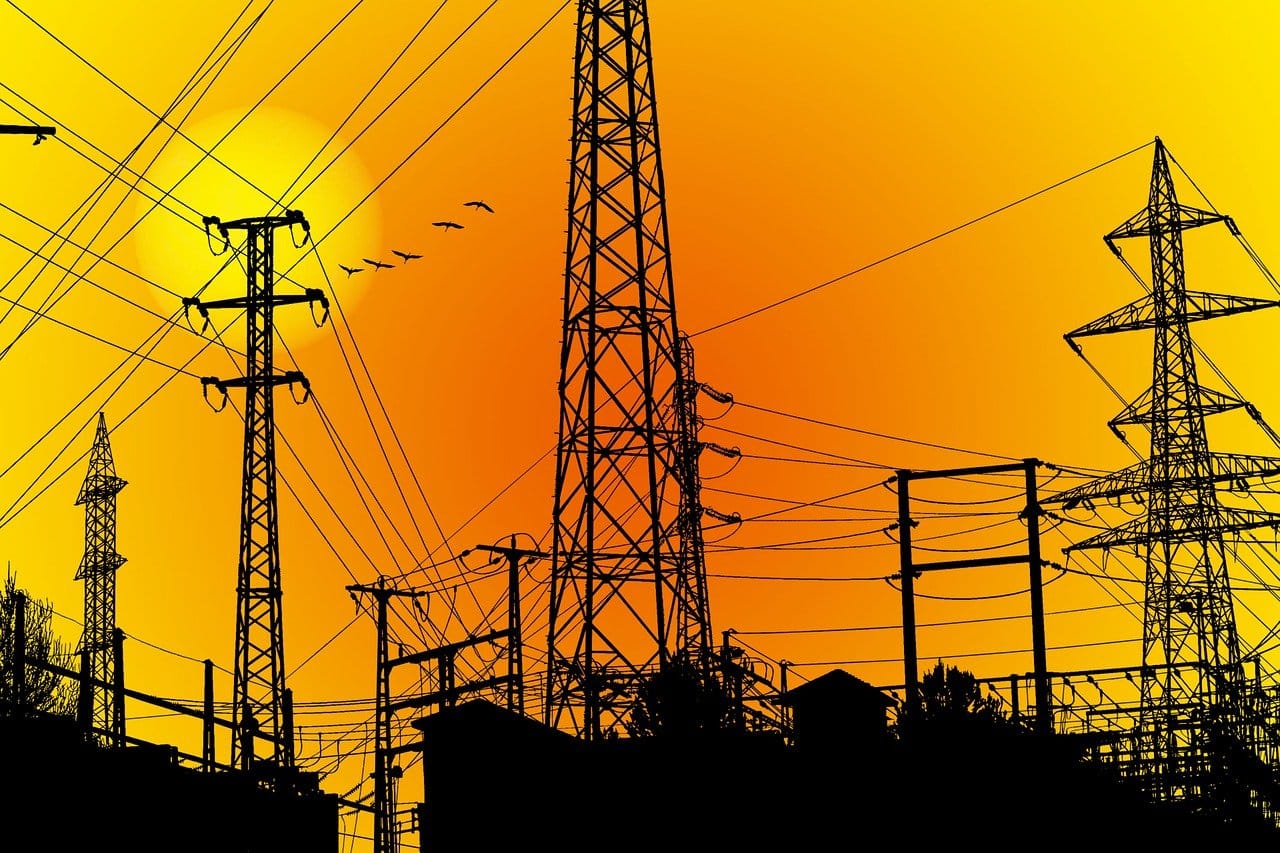Steeped in the budding opulence of Victoria Island in Lagos, Nigeria— an enclave of the elite and a hub where young entrepreneurs go to chase dreams — was where I met Chinwe Udo-Davis for this interview.
Her office sat just on the outskirt of the popular Idowu Martins Street. The wide workstation, as I observed, hosts several other energy companies, including Lekki Oil.
Mrs. Chinwe is the CEO of Instollar, a solar energy company that uses data and automation to bridge the gap between suppliers and end-users.
She sat down with me in the comfy conference room of her workplace to discuss what her company is doing in the renewable energy space.
Though just two years since inception, Instollar has grown remarkably, boasting over 25 (business-to-business) B2B clients including the famous Koolboks and more than 1,000 individuals working as technicians for the company.
“What exactly does Instollar do? What role do you play in the renewable energy value chain?” I asked her keenly, noting that the office didn’t resemble a typical solar factory packed with panels, systems, and lithium batteries.
Chinwe responded to my question with patience and grace.
“We are actually Uber for solar. Sometimes we use the term ‘uberizing the solar inner workforce,’” she said, breaking it down for me as simply as possible.
But the business model turned out to be even more brilliant and inclusive than I had thought.
Chinwe told me that her company brings solar businesses and technicians onto a shared platform, providing seamless service to end-users.
Having started an impressive career in the oil and gas sector as a project manager, the founder of Instollar explained why she chose to pivot to renewables.
She described herself as a people person — someone who believes true service is built on real connections.
“I wanted to walk with people. The reason I decided to direct my passion into this business was because of the gap I saw in the sector,” she told me.
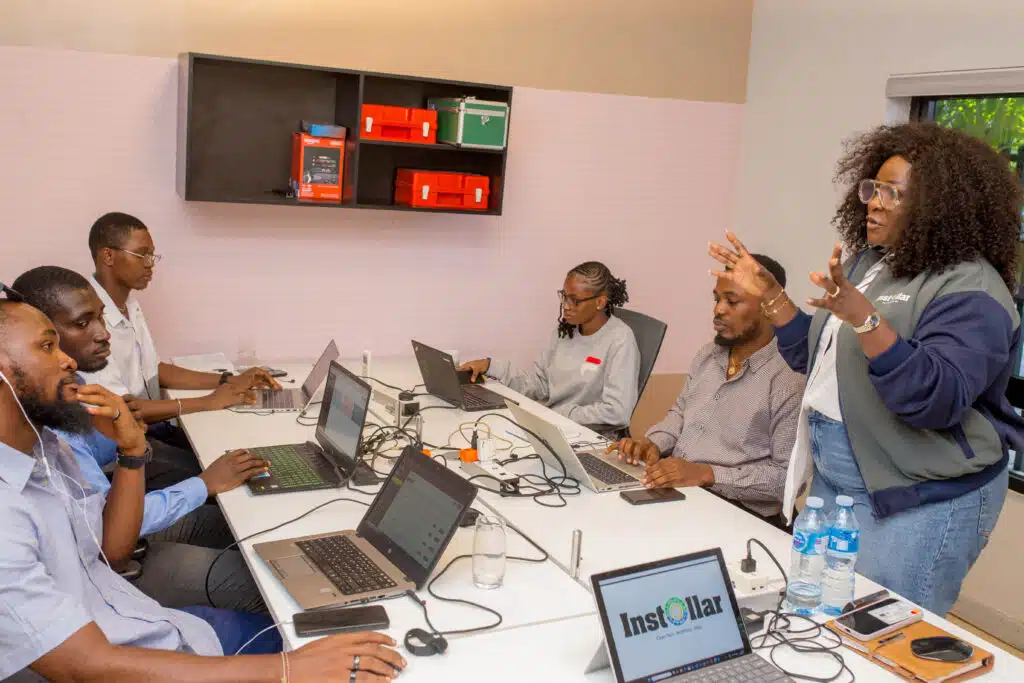
A mother of three and bilingual, Chinwe said that the youth grievances and outburst during the 2020 EndSARS protests further convinced her that the job gap needed to be fixed — and that someone had to step in.
From her experience working with multinationals in the renewable space, Chinwe said she realised that the conventional approach to solar business is not sustainable.
“The traditional method of moving things from one location to another didn’t really make sense to me. There must be another way to do this,” she added.
Her company, she explained, helps solar firms reduce costs by eliminating the need to keep technicians on payroll indefinitely — especially when there’s no work to be done.
For technicians, Instollar serves as a connector, linking them to multiple companies instead of keeping them tied to just one.
The model is simple, yet effective: provide a platform for gig workers using technology and scalability.
“We’ve introduced an innovative model of working. Our closest competitors are very traditional. They’ll find you energy talents for recruitment. That model is not sustainable because when you recruit, you have huge cost on your payroll.
“With solar projects, there is a gestation period. We introduce gig working — it allows a pool of companies to share the cost of one technician. That one technician could work for a Sunking today and for a Sunfi tomorrow. The day he’s not working for Sunking, Sunking has no cost. The day he’s not working for KoolBok, KoolBoks has no cost.
“On our platform, we connect the installers with available clients per time. That’s a big differentiation.”
She added that Instollar also supports solar project management.
“We are not just connecting the solar companies to the technicians. Our platform allows them to know what’s happening in their projects — to receive real-time reports on the site,” she told me.
The conversation shifted to gender inclusion and equity in the renewable sector.
Here too, Chinwe offered a fresh and positive perspective.
While she acknowledges the systemic exclusion of women in the space, she also sees an opportunity.
“I don’t attribute pushbacks to the fact that I’m a woman. I don’t think that way. I don’t have limiting beliefs. If you were not going to give me a job or utilize my service, I will never assume that it’s because I’m a woman. I will always ask myself, what exactly can I do better?”
To address the gender gap, the company is also pushing an initiative called InstallHER, which aims to recruit more women into the renewable space — not only as technicians but across the value chain.
According to the CEO, only 2% of the workforce in their database are women—a disparity she attributed to several factors.
However, the company is working to change this narrative through InstallHER—an initiative focused on public orientation, training, and skill empowerment aimed at increasing women’s participation in the renewable energy value chain.
“We’re training these women to become qualified technicians. Even the women that study STEMS, still don’t find the space interesting enough to want to join.
“What we did was to create a special curriculum to basically take away some of the challenges why women are not coming in. Some of them are cultural barriers. We’ve created a curriculum where anyone can learn and earn from the value chain”, she said.
Chinwe believes the old model of rigid employment is slowly fading out.
“We are actually Uber for solar. Sometimes we use the term ‘uberizing the solar workforce,’” she said to me again, with emphasis.
Her vision is to make solar installation, through an innovative B2B model, as easy as ordering a ride.
In just two years, the company has left its footprint across Nigeria and beyond — including far-reaching places like Maiduguri, Abuja, and Yola.
She also revealed plans to expand further into East Africa in a few years time.
The company has exhibited its model in Europe, including in Berlin, promoting renewable energy and the green transition.
Instollar is preparing for its first round of funding, Chinwe said.
“We plan to raise $500,000 for a start,” she added.
According to her, the vision is to make renewable energy solutions as seamless and technology-driven as possible.
Editor’s Note: This article is part of our exclusive CEO series, where we spotlight the bold voices shaping Africa’s energy future. If you’re a CEO or founder driving change in the energy space and have a story worth sharing, we’d love to hear from you — reach us at editor@energyinafrica.com.

